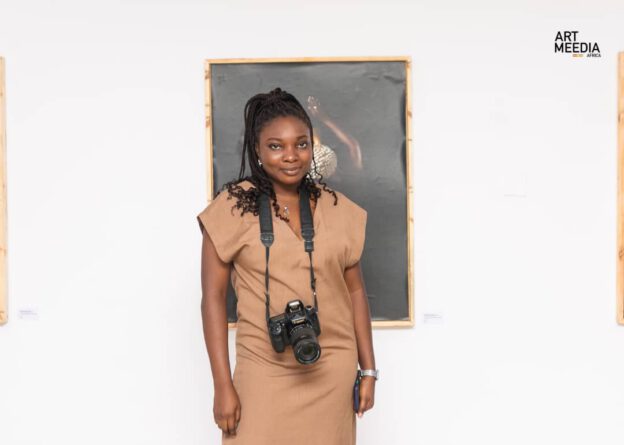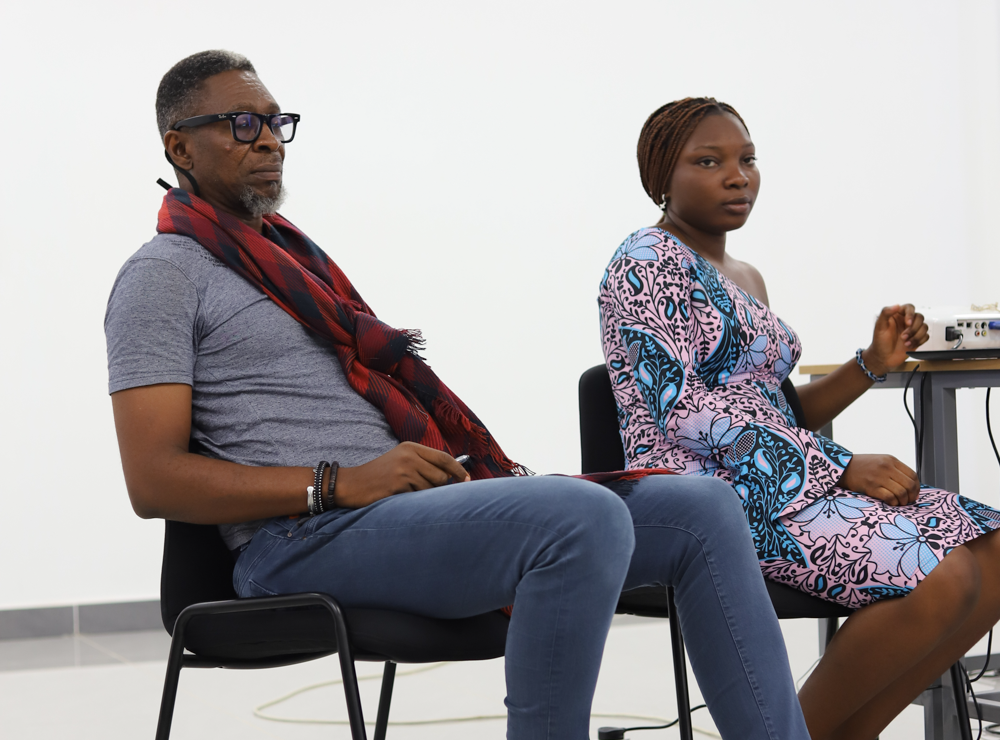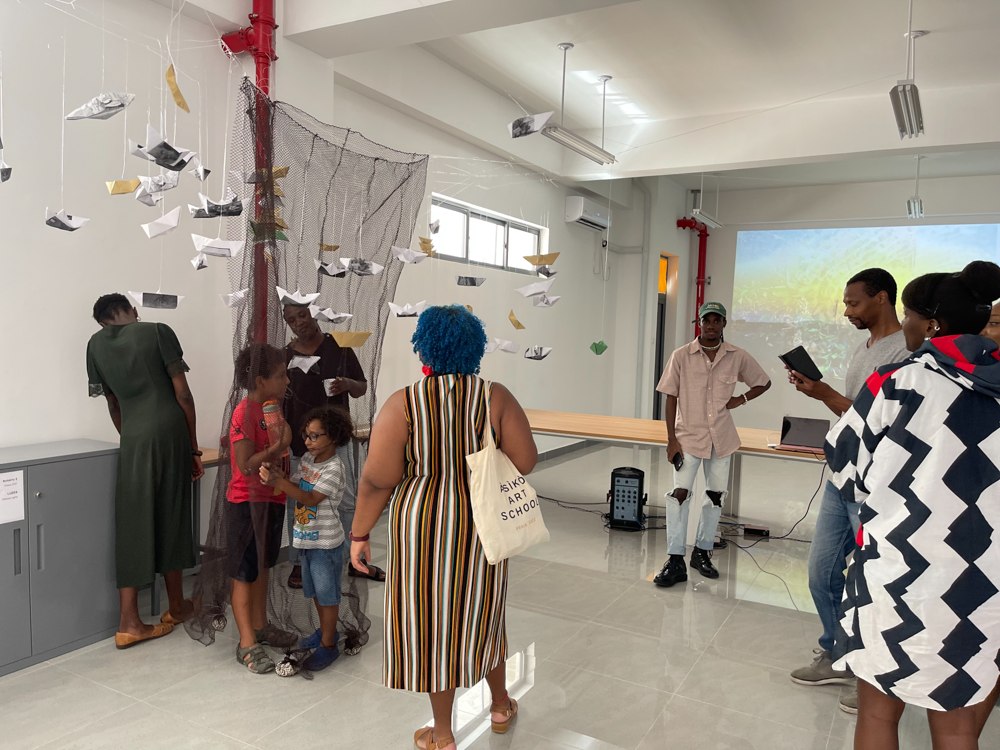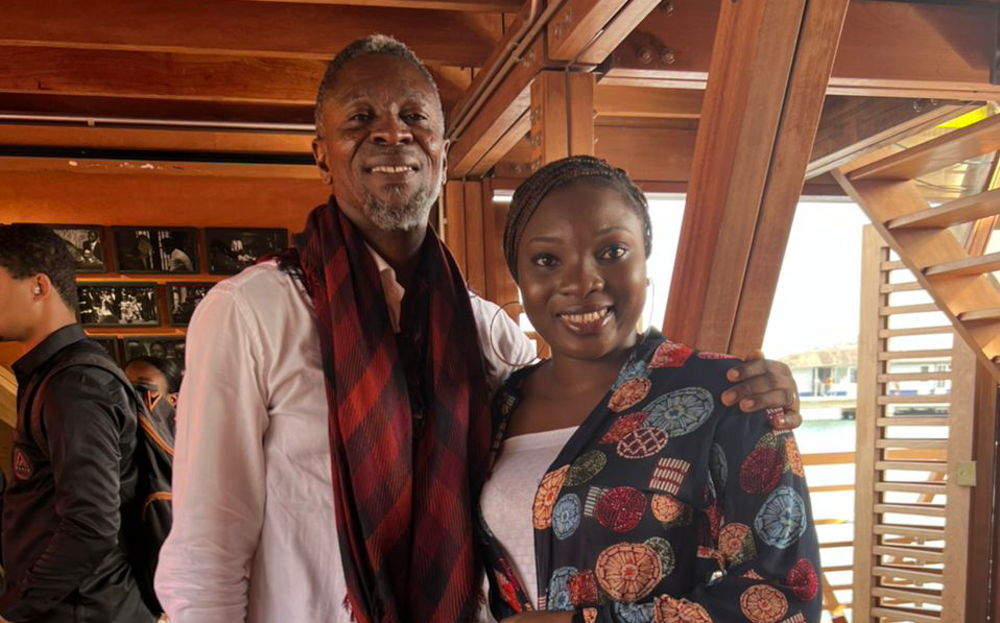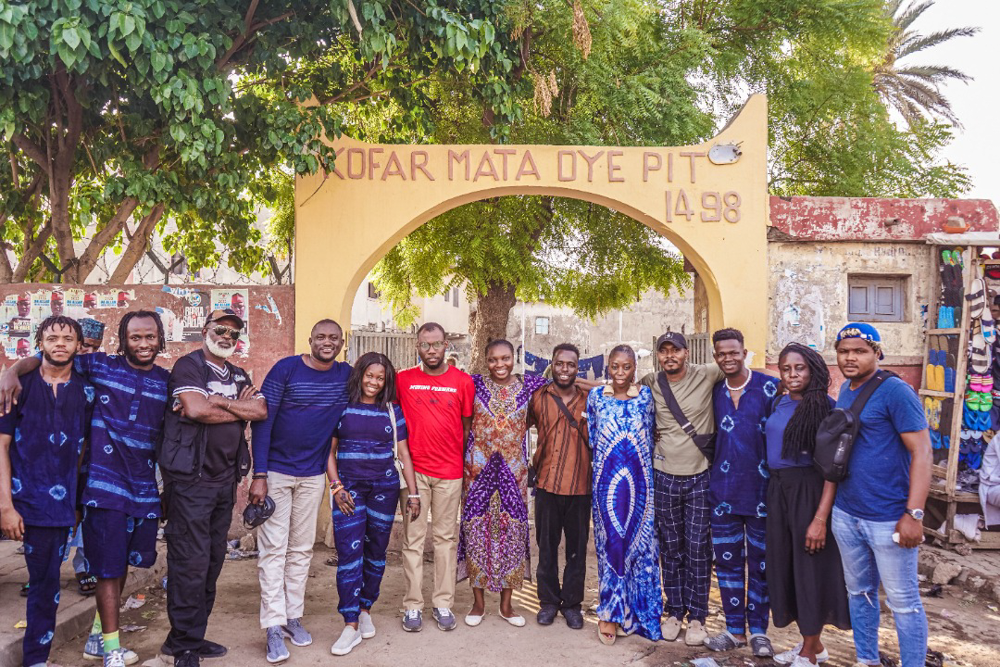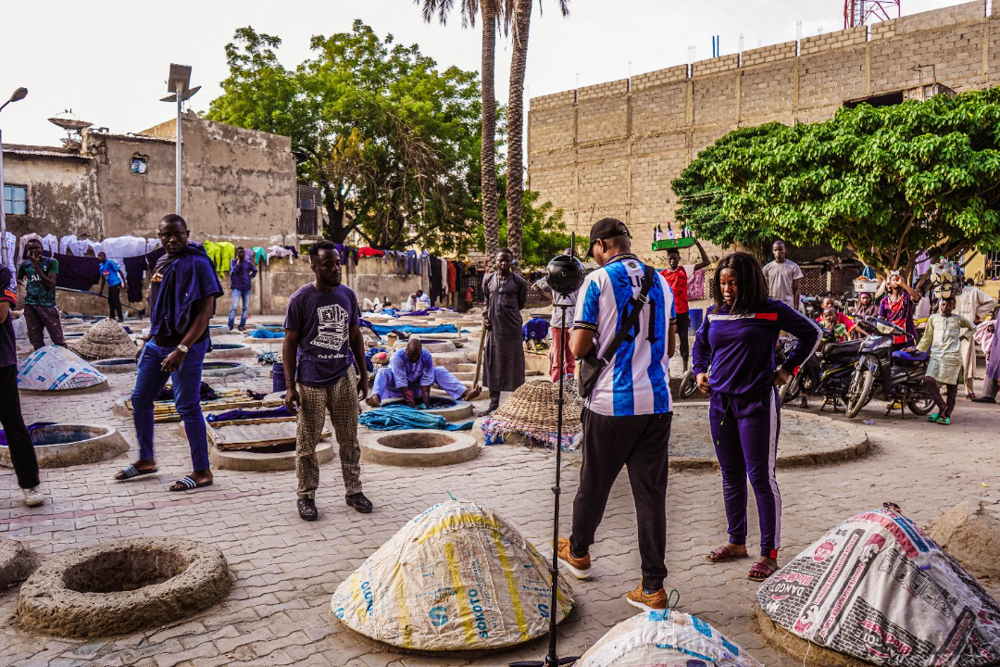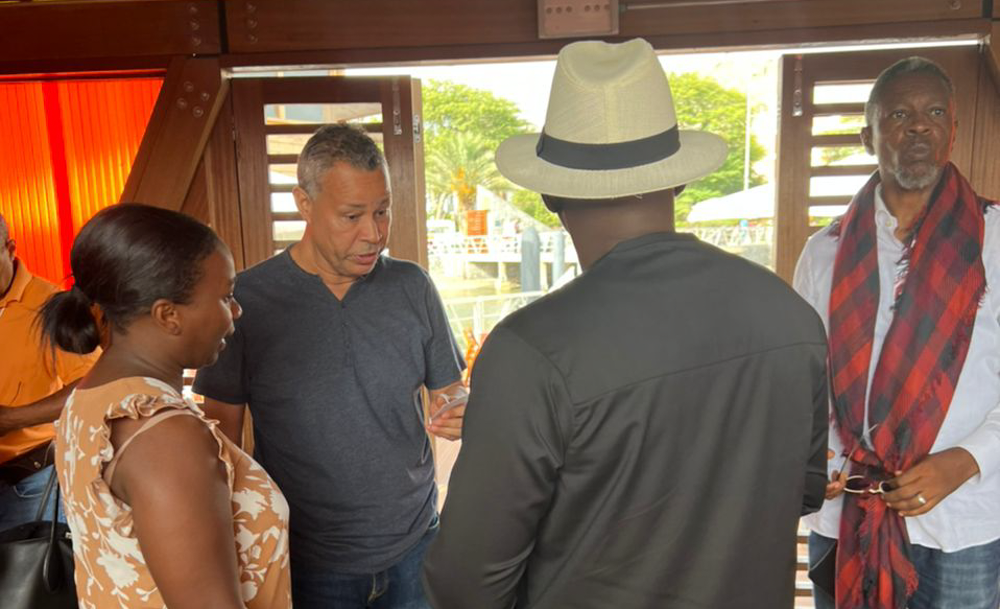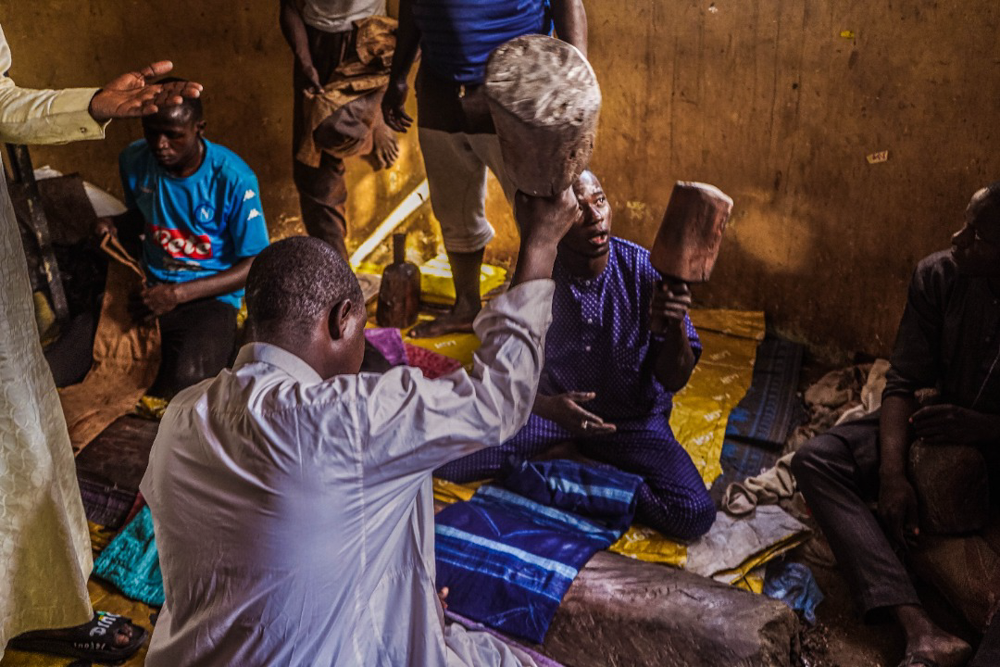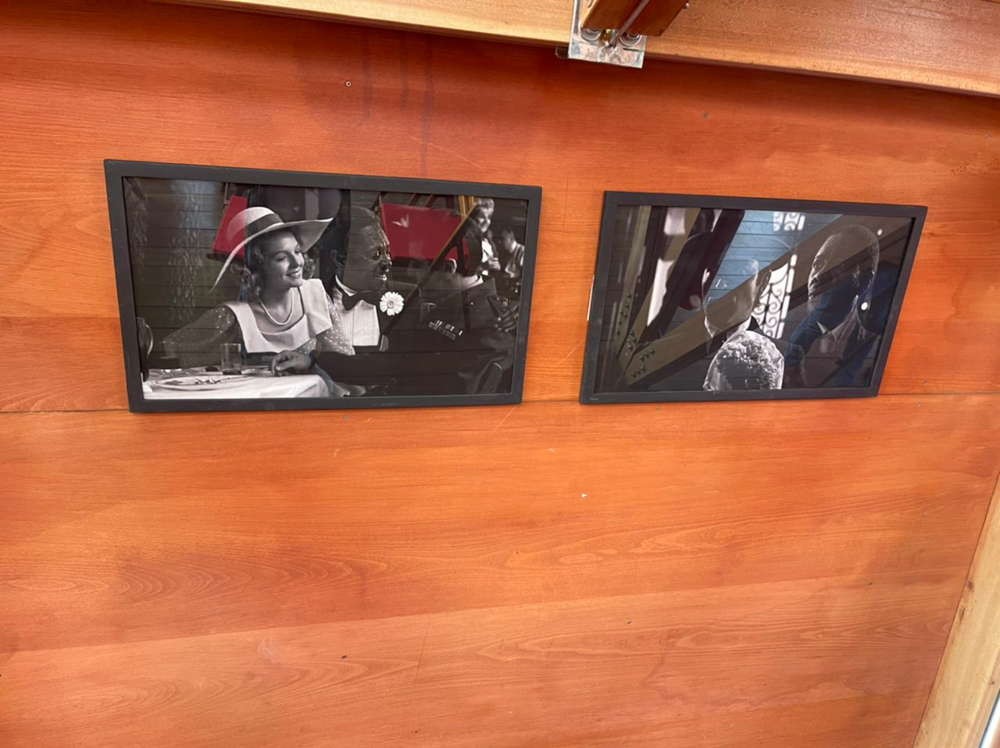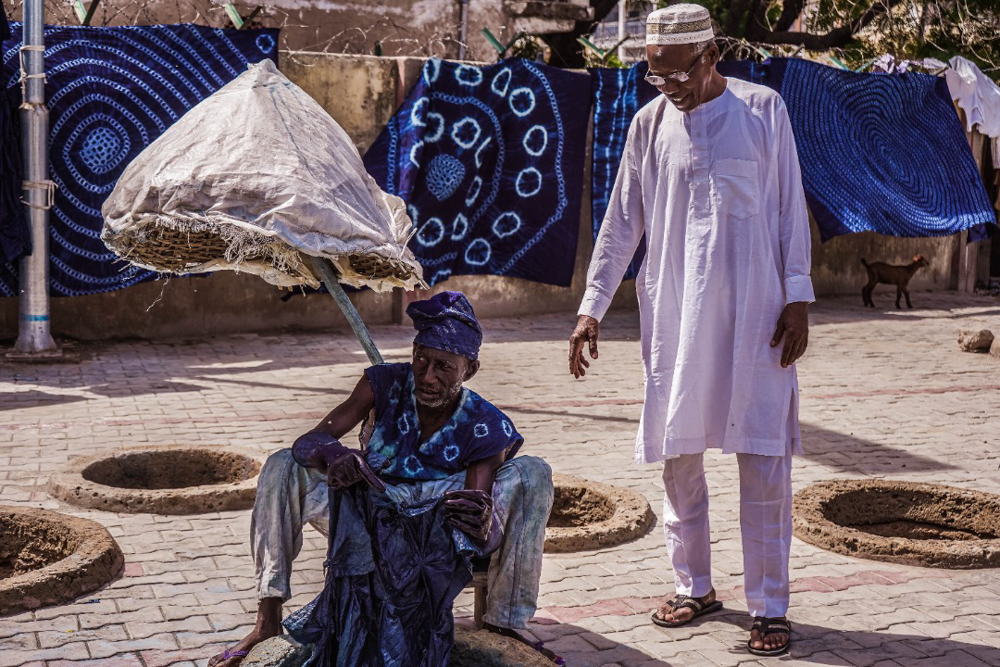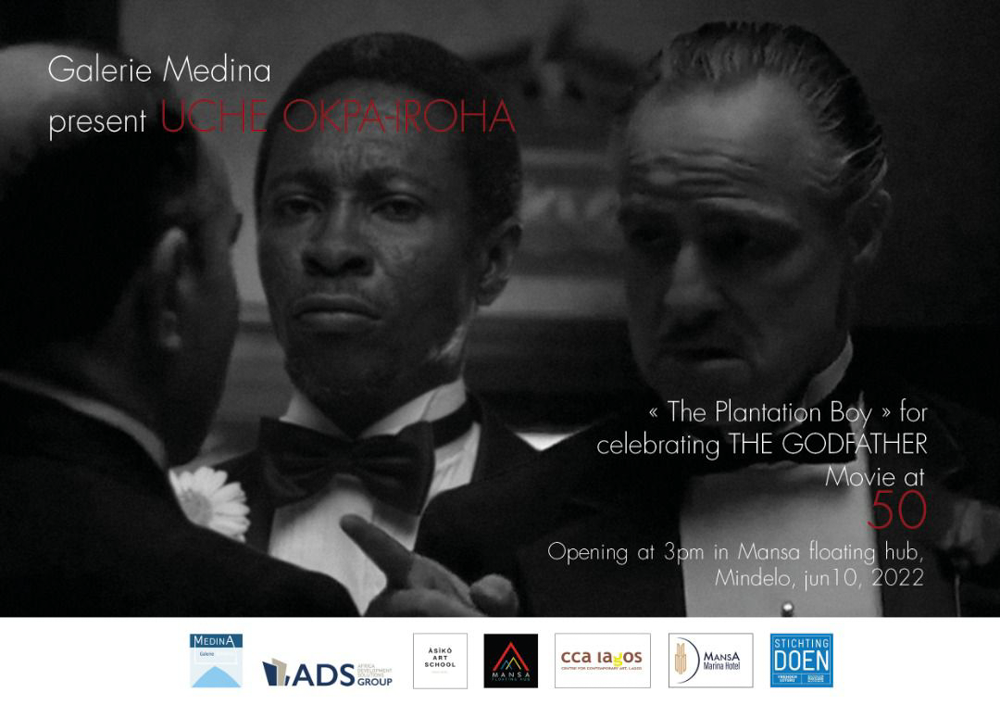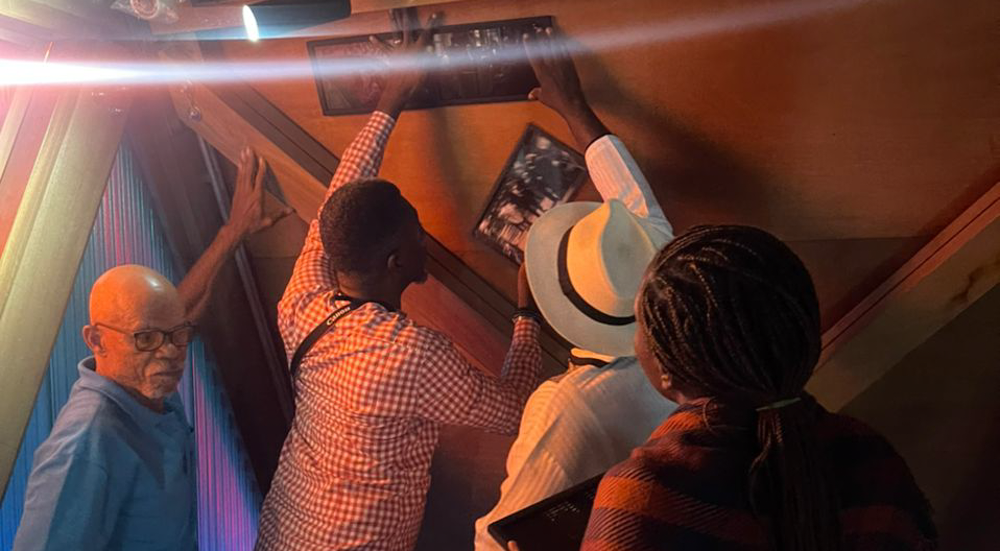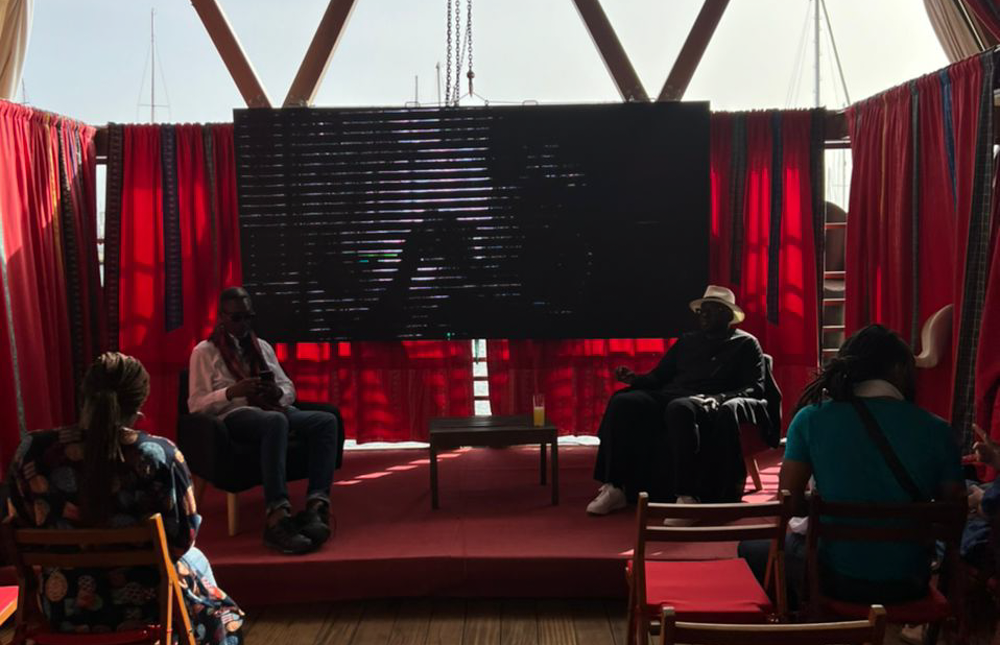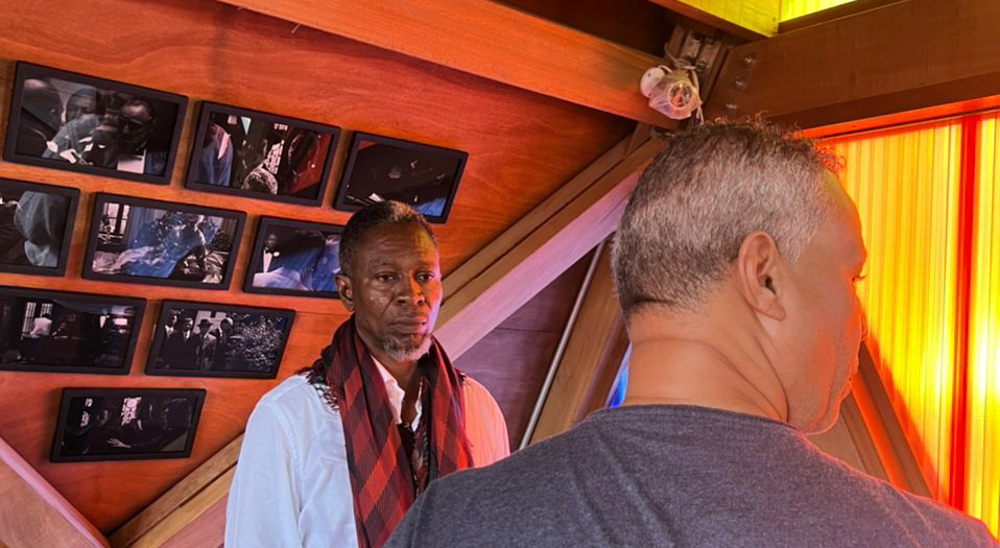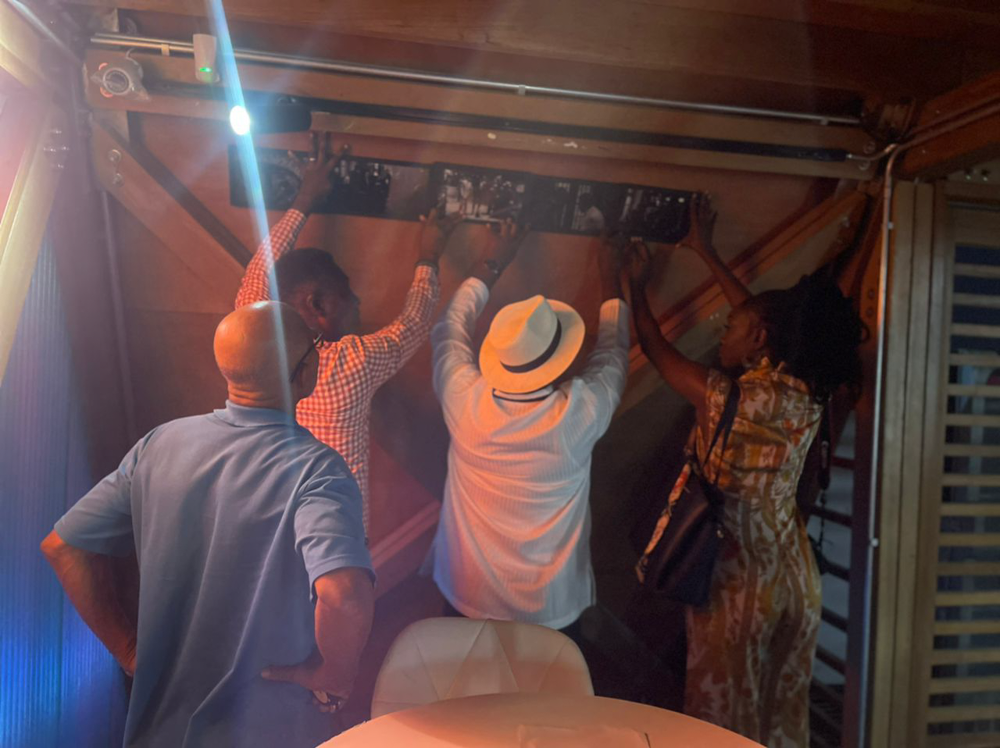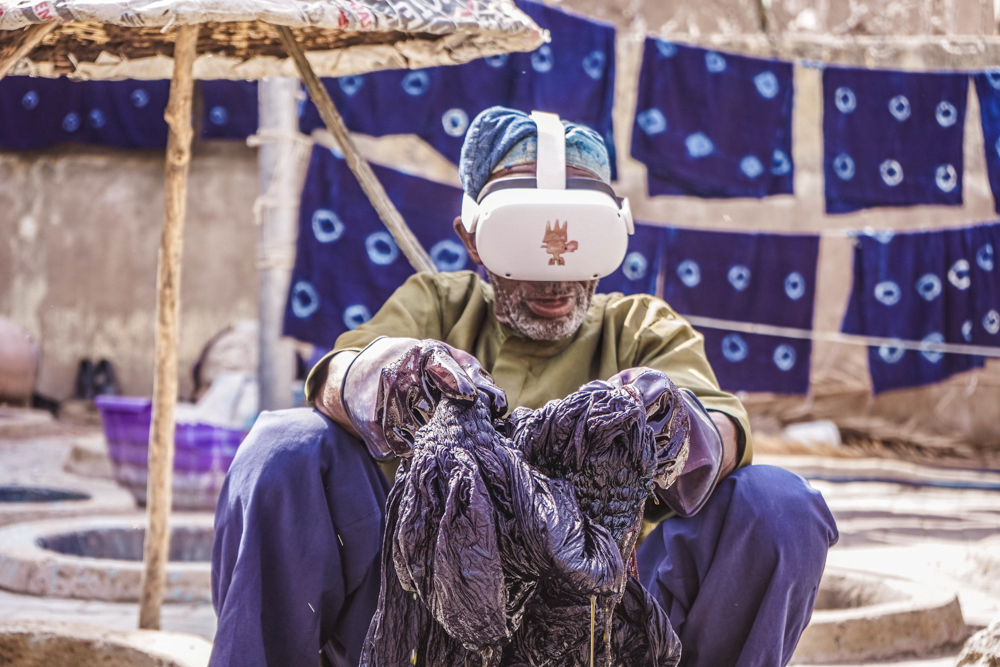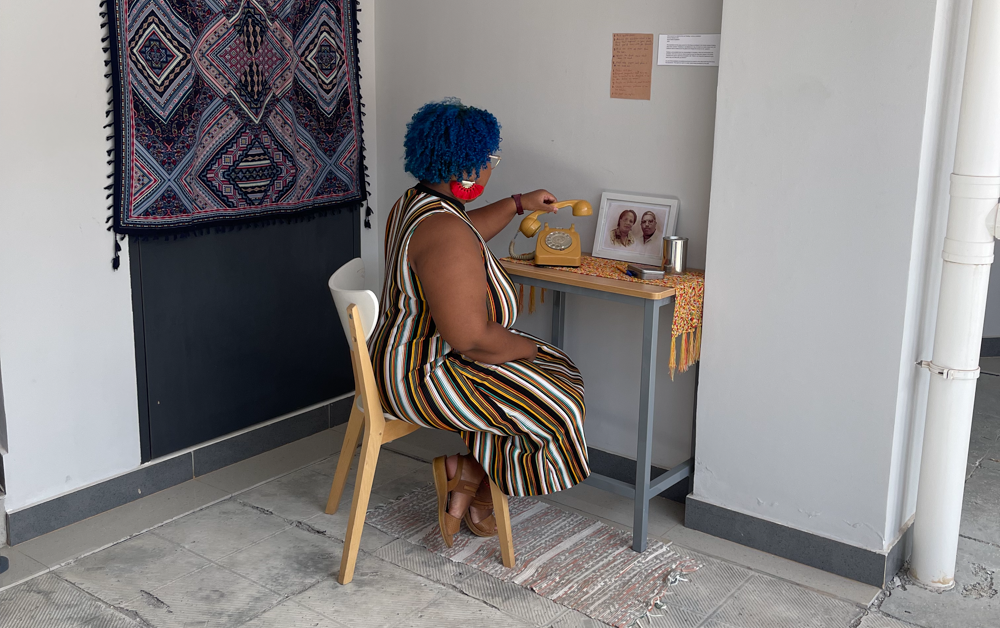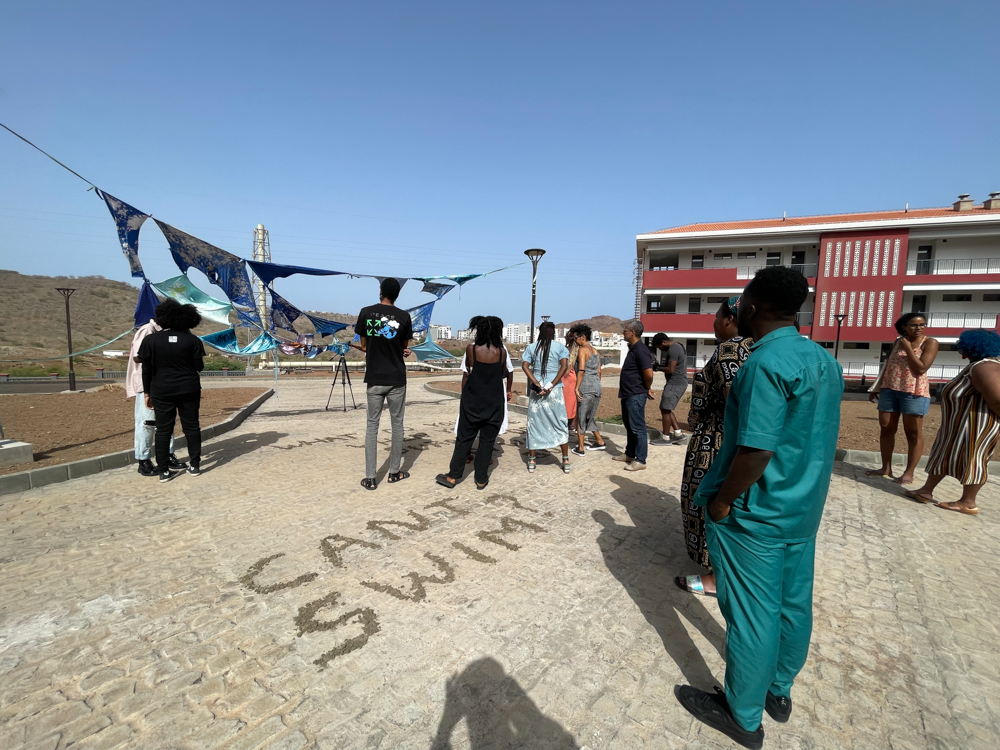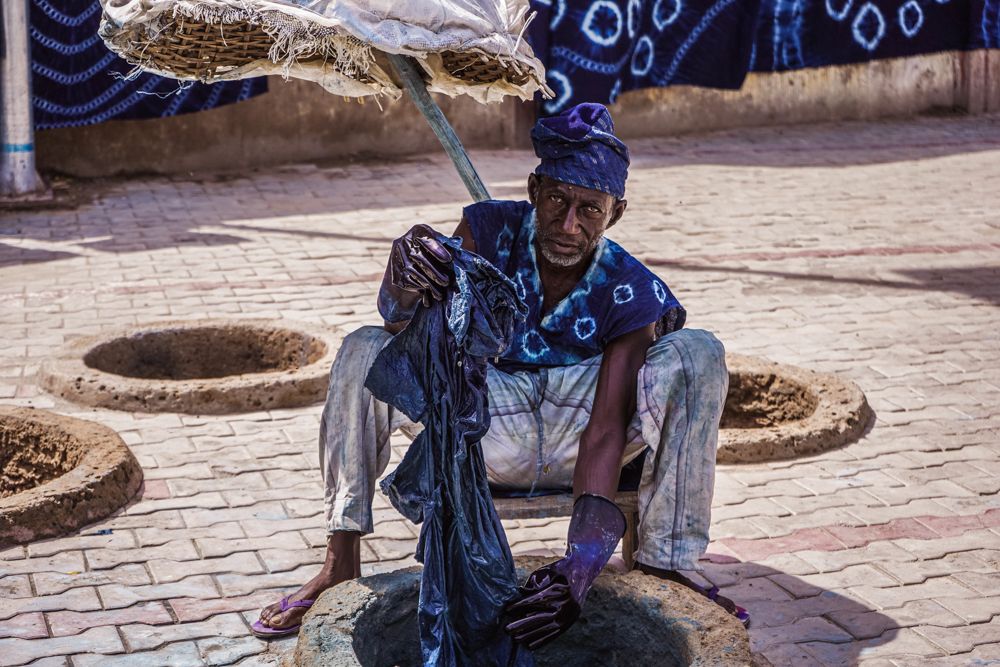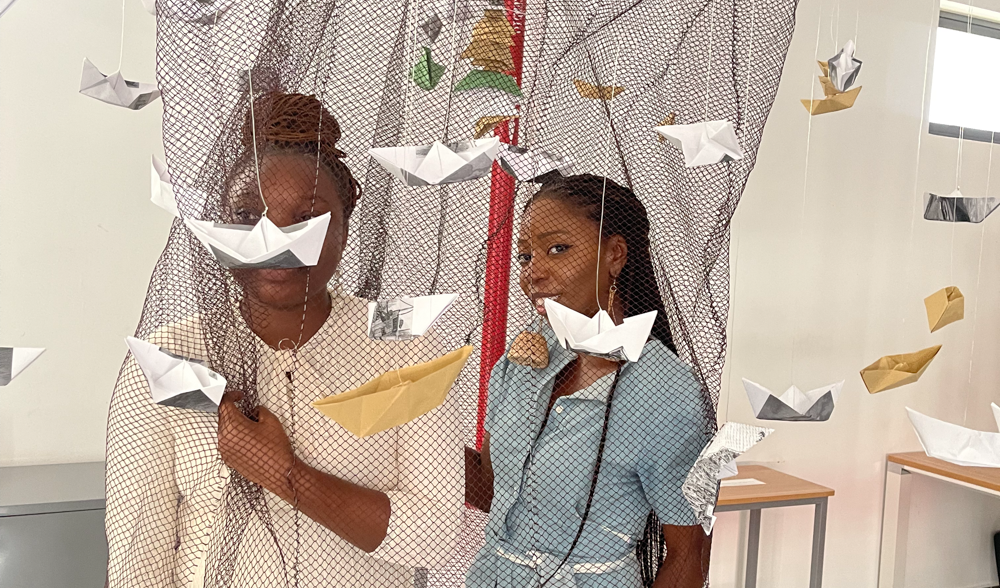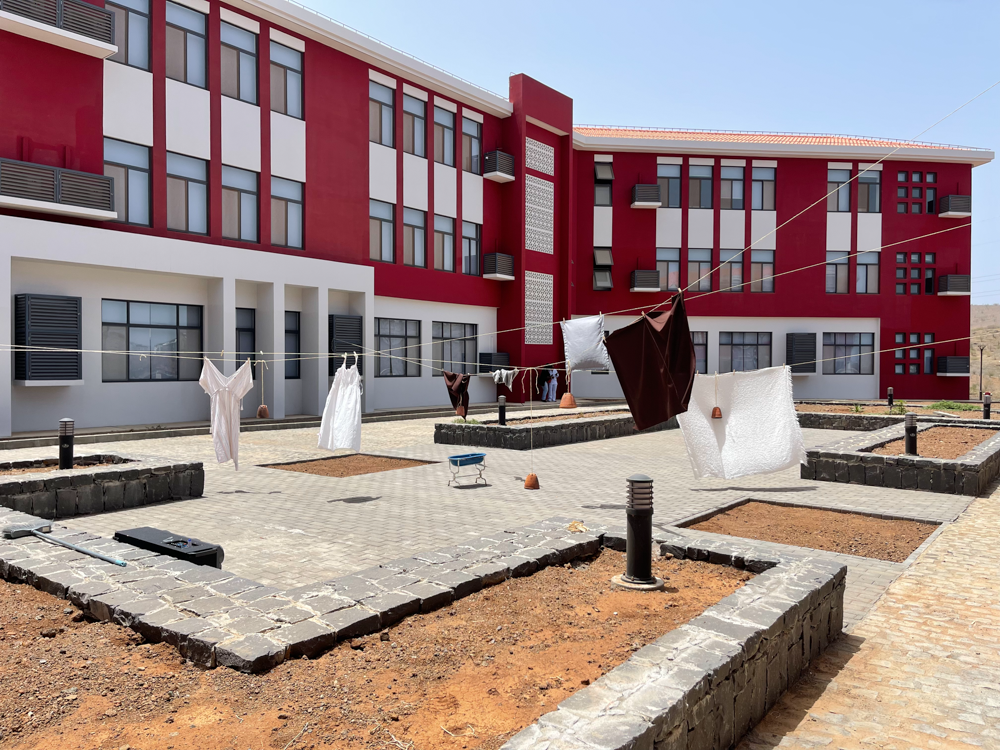For Mary Osaretin Omoregie, the art of curating is an intimate, iterative process of mutual understanding and connection. Her function is that of an intermediary, facilitating the hybridization and transformation of particulars to be unified into a whole. This conversion distills environmental contingencies to a distinct “moment” within a shared space and time. She is interested in exploring the particularities of that moment—how new identities emerge from a matrix of collaborative dynamics. At just 22, Mary has a precocious drive to unveil these shared truths occurring at the fringes of artistic expression.
Reimagining curation as care
To create a collaborative exhibition requires a constant, dynamic negotiation with the modalities of representation. Intertwining disparate subjectivities, Mary is hoping to construct an imaginative union of assorted, shifting temporalities. This is not necessarily a reflection of wholeness but rather an accumulation and transfiguration of various interacting parts—a symbiotic relationship forged between artists and curator. As the artists grow and transform, so too does her curatorial vision.
images supplied by Mary Osaretin Omoregie
Simply put, Mary envisions curation as a form of care for the artists and their work. She proceeds with compassionate curiosity, attentive to the needs of each individual as well as those of the collective group. Her curatorial approach involves a process of both individuation and integration; it is reflexive as well as generative. There is no rigid plan here, except to let the process organically unfold as unexpected commonalities gradually reveal themselves. Accordingly, she hopes to engage in a series of dialogic exchange with each artist, while also observing and reflecting on their creative practice. In this regard, she views her role as something of a guide—helping to realize opportunities and activate potentialities for artistic convergence.
Probing sites of struggle
A Lagos-based curator and researcher, Mary is also interested in exploring new modes of critical inquiry. This includes the intersection of artistic practice, cultural identity, and community formation that exists beyond traditional paradigms and norms. Her perspective on curation is informed by an eclectic range of formative interests. Subjects such as aesthetic philosophy, African feminist epistemology, queer theory, and IP rights were among her studies while at the University of Benin. There is a decisive pedagogical dimension to her practice—namely, an aspiration to encourage young artists to think beyond the commercialization of art. Mary thus posits curation as an instructive tool for promoting unexplored means of engaging with material culture, past and present.
All the while, she strives to examine the moral complexity of curatorial work—how exhibition spaces are sites of ongoing struggle wedged between the legitimation and exploitation of marginalized identities. Such preoccupations ultimately stimulate a zeal to devise alternative creative spaces; those wherein localized and diverse experiences can convene through democratized networks of cultural exchange. Now conducting research at the Centre for Contemporary Art in Lagos, she finds a palpable comfort in delving further into this line of work. Mary is following the valiant legacy left by C.C.A founder and late curator Bisi Silva, continuing to deconstruct the hegemonic forces that persist in the world of contemporary art.
written by Antonia Glaser
PK & Friends / Open Studio / BYOBuffet
Fri 4 Nov
7-10
talk by curators, Claudia Caletti and Mary Osaretin Omoregie
PILOTENKUECHE
Franz-Flemming-Str 9
04179 Leipzig
Pleasure Seed
Sat 17 Dec 7-10PM
ARS AVANTI
Alte Handelsschule
Giesserstr 75
04229 Leipzig

